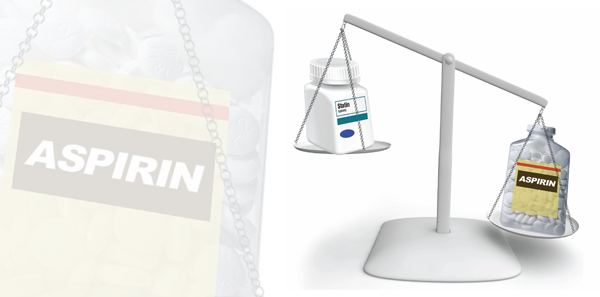
Only one of the studies was ED-based and involved only 171 patients, comparing 80 mg versus 10 mg of atorvastatin. The ED study had an extraordinarily low rate of major adverse cardiac events, and so the difference between high- and low-dose statins didn’t achieve statistical significance. However, the rate was substantially lower in the high-dose statin group (5.8 percent versus 10.6 percent). It’s hard to conceive that such an underpowered study would be performed. But it suggests that high-dose statins are beneficial (and this perhaps could have been proven if the study was adequately powered).
Explore This Issue
ACEP Now: Vol 35 – No 09 – September 2016Here’s the result of the meta-analysis: Statin loading was associated with a reduction in the combined endpoint of death, spontaneous MI, and target vessel revascularization (odds ratio, 0.59; 95 percent CI, 0.38–0.92, P = 0.02), but this benefit was observed only in the subgroup of patients undergoing PCI for NSTE-ACS (odds ratio, 0.18; P = 0.0005).
Well, isn’t an NSTEMI an AMI? Even though there are prior studies suggesting value of statin loading in non-AMI patients, I’m happy with the conclusion of this paper. Although often a trap, a pathophysiologic argument would suggest that if statins work in NSTEMIs, why would they not work in STEMIs?
So here are the options: Wait 10 years for the definitive randomized controlled trial demonstrating that all suspected ACS patients be given a single high-dose statin in the emergency department and potentially allow 10 years’ worth of patients to receive no benefit, or begin now based on the evidence presented above. No one will be hurt if you do give a single dose of statins—some ACS patients will likely be helped.
So be courageous and take this article to the cardiology committee at your hospital and tell them that you want to do this. Like giving aspirin, it’s also a no-brainer.
 Dr. Bukata is the executive editor of Emergency Medical Abstracts and a clinical professor of emergency medicine at the Keck School of Medicine of USC in Los Angeles.
Dr. Bukata is the executive editor of Emergency Medical Abstracts and a clinical professor of emergency medicine at the Keck School of Medicine of USC in Los Angeles.
Pages: 1 2 3 | Single Page





No Responses to “Studies Bolster Statin Use for Emergency Department Patients With Suspected Acute Coronary Syndrome”